Retelling U.S. Religious History: A Roundtable Retrospective
by Melissa Borja
Among all the books about American religion published in the past three decades, few have had as much impact as Retelling U.S. Religious History, a collection of essays edited by Thomas Tweed and published a little over a quarter century ago, in 1997. The volume’s impact was no accident—the scholars who contributed to the volume were clear about their ambitions to transform the field. As Tweed explained in his introduction, these scholars aimed to challenge "the grand narratives of U.S. religion" (3) and offer suggestions for how historians might craft "more inclusive stories of America's complex religious past” (23).
At the heart of the book was not simply an aspiration to write better historical narratives, but also a deep frustration with the existing scholarship about American religion. As Tweed explained, the canon of American religious history had until the late 1990s "focused disproportionately on male, northeastern, Anglo-Saxon, mainline Protestants and their beliefs, institutions, and power” (3). In contrast, the volume’s contributors envisioned histories of American religion that considered a wider range of religious people and experiences. Their approach reflected two developments in the late twentieth century that changed both the United States and the writing of its history. First, mid-century immigration reforms transformed the ethnic and racial demographics of the United States and increased the country’s religious diversity. Second, scholars in the 1970s, ‘80s, and ‘90s became more skeptical of narratives of progress and consensus and turned to social history, cultural studies, and more. They asked different questions and employed research methods and sources that put new people—for example, women, workers, racialized communities, and other marginalized groups—at the center of their analysis.
This expansive approach to writing American history was not without its challenges, and the scholars who contributed to Retelling U.S. Religious History were aware of the difficulties of their enterprise. “Diversity threatens to overcome all narrators who are sensitive to it,” Tweed wrote. “If coherent stories are possible, can we compose narratives that make sense of the religious past yet draw on new motifs and plots and include a wider range of settings and characters? (4)” Tweed’s question articulated a few of the central aims of the volume, but preceding it was also a candid acknowledgement that a unified grand narrative of American religion might in fact be unattainable.
Whether or not a coherent history of the United States is possible remains up for debate, but this much is true: Retelling U.S. Religious History, once an effort to revise the canon, eventually became a canonical text for students of American religious history. Its impact owed to its intellectual substance: the essays in its volume introduced paradigm-shifting themes, frameworks, and methods. But its success was also due to its structure and style. With its star-studded list of contributors and its provocative, concise, and accessible essays, the book proved to be highly teachable at both the undergraduate and graduate levels. Over the next two decades, it would have a powerful influence on how the next generation of scholars would write about the history of religion in America.
For this roundtable, nine scholars trained in the twenty-five years after the publication of Retelling U.S. Religious History gather and reflect on the impact of this book, and then Tweed will offer a response. Each scholar will focus on one essay from the volume and discuss how its core theme influenced their individual scholarship and the field of American religion overall. They will also discuss the limitations and possibilities for future scholarship on that theme. Bringing together scholars who work in different subfields and who have different expertise, backgrounds, and professional positions, this roundtable, like the book at the center of its discussion, values diversity and considers the legacy of Retelling U.S. Religious History from multiple vantage points. What unites them is not simply a common experience of having been shaped by this book, but a shared commitment to thinking critically about how we tell (and retell) American religious history. How has this work changed over the past few decades? What are the stakes? And how do we imagine doing this work better moving forward?
Melissa Borja is an Assistant Professor in the Asian/Pacific Islander American Studies Program at the University of Michigan. She researches and teaches about religion, migration, race, ethnicity, and politics in the United States and the Pacific World, with special attention to how Asian American religious beliefs and practices have developed in the context of pluralism and the modern American state. She is the author of Follow the New Way: American Refugee Resettlement Policy and Hmong Religious Change (Harvard University Press, 2023).

